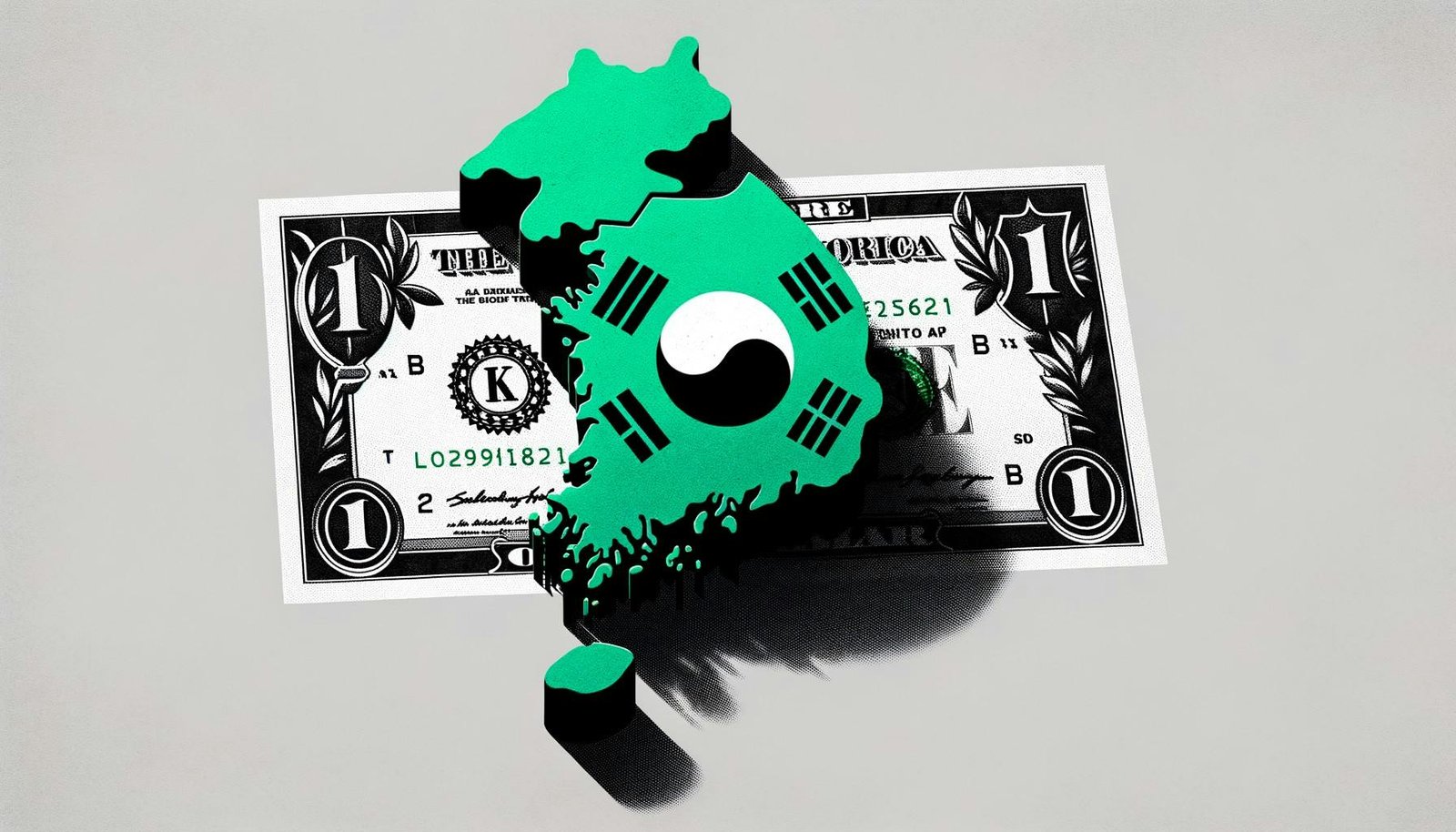What’s going on here?
The South Korean won is shining among emerging Asian currencies, rising by 0.5% due to its central bank’s reassuring moves on dollar liquidity.
What does this mean?
South Korea is thriving against a backdrop of a strengthening US dollar, set for its most robust month in two and a half years. As the dollar flexes its muscle, Asian currencies buckle under the pressure, with additional tension from upcoming US presidential election uncertainties. The Indonesian rupiah and Malaysian ringgit are facing their steepest monthly drops since 2020 and 2016, respectively. The Thai baht and Singapore dollar are also faltering against the dollar, heavily influenced by potential election impacts. Meanwhile, stock markets in Seoul and Taiwan saw declines, spurred by concerns over upcoming earnings from US tech behemoths like Alphabet and Apple.
Why should I care?
For markets: Election jitters rattle market stability.
The high valuations of US tech stocks and potential post-election US-China conflicts are unsettling Asian markets. Indices in Seoul and Manila have dropped, with Taipei seeing a significant 2.1% decline. According to the Bank of Singapore’s FX strategist, investors are playing it safe, awaiting election outcomes. MUFG’s analysis warns of further depreciation for ASEAN currencies if Donald Trump is victorious, compounding the market’s existing tensions.
The bigger picture: Asia braces for a US election fallout.
Emerging Asian economies are closely monitoring the US election, aware of the potential global economic shifts. Geopolitical tensions and economic indicators suggest significant market volatility ahead. A shift in US leadership might rekindle US-China tensions, weighing down Asian currencies and markets further. Investors are watching these events closely, as they may lead to considerable policy changes and currency market dynamics worldwide.


